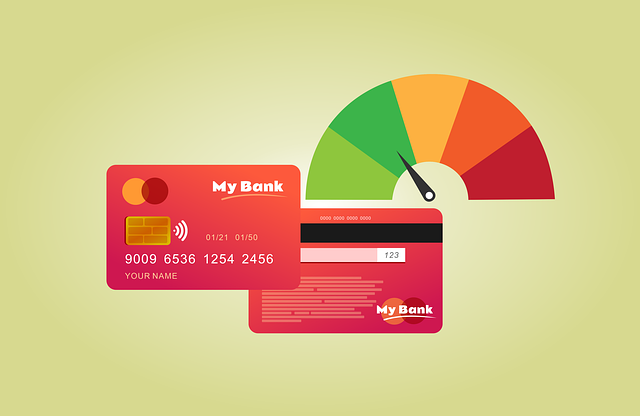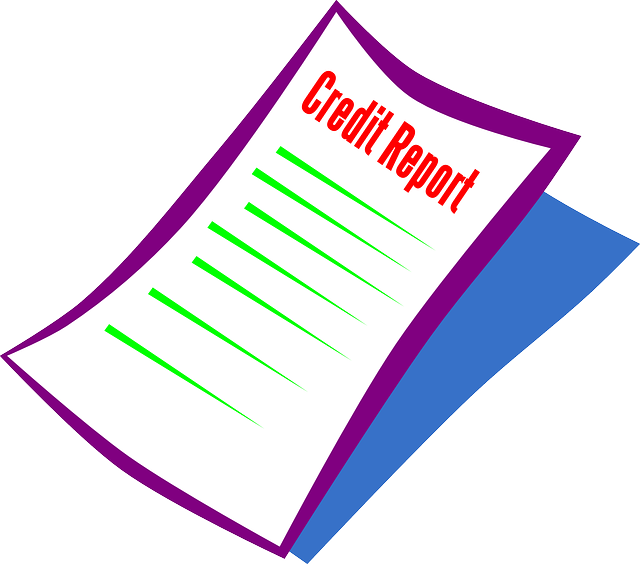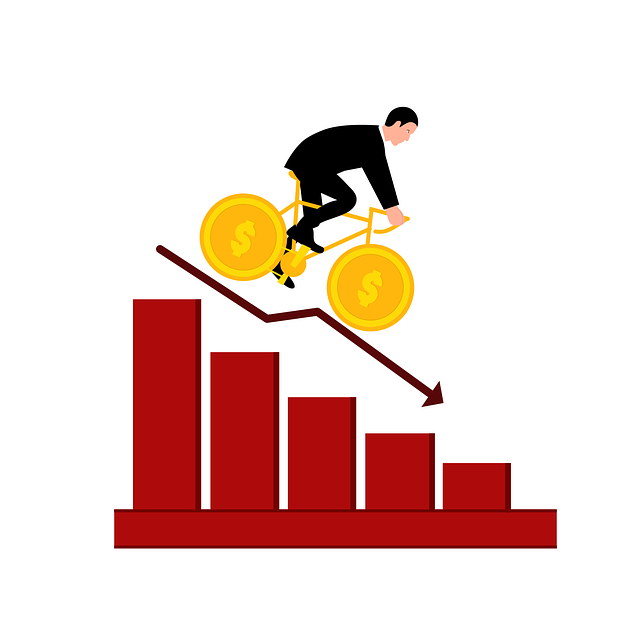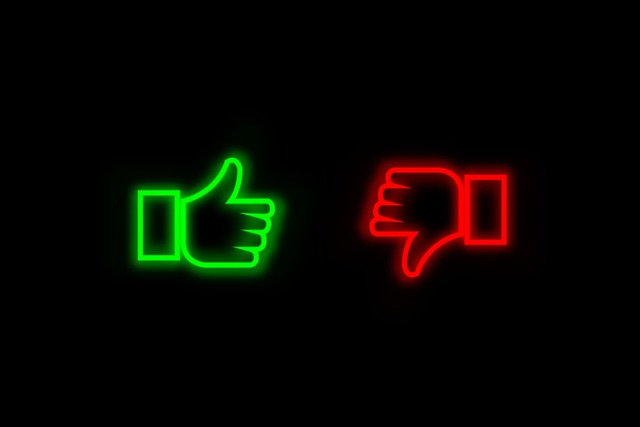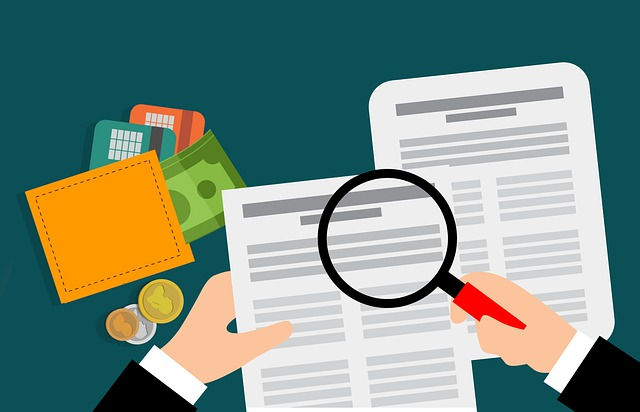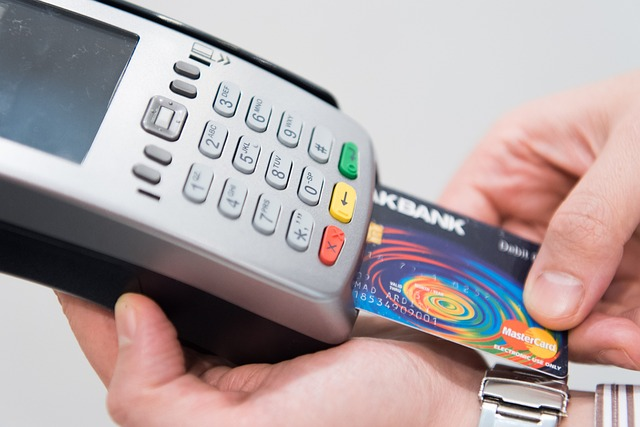Why are Credit Scores important?
Credit scores determine what loans or credit cards are available to you and largely dictate what interest rates you receive. Examples include auto loans, mortgages, personal loans, installment loans, and revolving credit lines.
Low-credit borrowers can expect additional fees. Your credit score also plays a role in determining how much you qualify for with a loan or credit limit.
In some states, insurance companies can factor your credit score into their risk analysis. A low credit score could lead to higher costs or denial of coverage.
Your credit score is also important when it comes to renting property. A low credit score could lead to a denial or require a more significant security deposit.
Some employers also look at your credit report during the hiring process. Good credit is considered reliable and responsible, while bad credit could signify a less-than-reliable employee.
How are Credit Scores determined?
The three major credit bureaus, Experian, Equifax, and TransUnion, calculate your credit score based on the information in your credit report, called your credit history. It includes how many credit cards or personal loans you have, current credit card balances, loan debt, available credit, and more.
Each credit bureau produces a credit report, so your FICO score may differ at each bureau. They base your credit score on five key factors in your credit history. Each one is weighted differently:
- Payment history: 35%.
- Amounts owed: 30%.
- Length of credit history: 15%.
- Credit mix: 10%.
- New credit: 10%.
Payment History
Payment history is the most significant factor contributing to credit. Positive payment history leads to high credit scores. Late payments lower a credit score. Defaults, charge-offs, and foreclosures significantly lower credit. 39% of consumers with a 600-credit score have late payments of 30 days past due in their credit reports.
Amounts Owed
The amount of debt a person has is the second most significant factor impacting credit. The credit bureaus use the credit utilization ratio (also called credit utilization rate or credit usage rate), which is the percentage of available credit currently being used. For example, a credit card balance of $1,000 on a $10,000 limit is a 10% credit usage ratio. Keeping credit utilization under 30% increases credit scores. People with exceptional credit (800-850) have single-digit credit usage.
Length of Credit History
Length of credit history, also called account history or time in file, refers to how long you’ve had active credit accounts. The longer an account is open, the better. It demonstrates an established history of managing credit and debt.
Credit Mix
While it only makes up 10% of your FICO credit score, having different types of credit is good. Examples include revolving credit, installment loans, and mortgages.
New Credit
Applying for new credit requires a hard credit inquiry, and each inquiry can lower your FICO score by five points. Hard credit inquiries stay on the credit report for two years but generally, only impact your credit score for the first year.
What are the top reasons for a Credit Score Drop?
Various credit activities can lead to a credit score decrease. Here are the most likely culprits if your credit score dropped.
Late or Missed Payment
A missed or late payment can lower your score. The longer it’s overdue, the more it decreases your credit score.
Most creditors will report a missed payment once it’s 30 days past due. Reports to the credit bureaus are usually monthly, so if it remains unpaid, your credit score takes a bigger hit at 60 days past due and 90 days past due.
Accounts overdue more than 120 days go into default. Creditors may charge off the account at that point and sell your debt to a collections agency, further decreasing your score.
Recent Credit Applications
Applying for new credit, such as a credit card, car loan, or mortgage, results in a hard credit inquiry. Each new inquiry can drop your credit score by as much as 5 points.
Hard credit inquiries only stay on your credit report for two years and typically only affect your credit for one year. But still, too many recent credit applications can significantly lower your score, even if it’s only temporary.
The only exceptions are shopping for mortgages or student loans. If you apply to multiple lenders for either of these loan types within a two-week period, the credit bureaus assume you’re shopping rates and only count them as one inquiry.
Increase in Credit Utilization
Credit usage, or amounts owed, makes up 30% of your credit score. It’s recommended that you keep usage below 30%. If you recently added more debt to a credit card, the increase in usage could lower your credit score.
Reduced Credit Limit
Credit card companies periodically review accounts and may decrease your credit limit. A decrease in available credit increases your credit usage.
For example, say you have $3,000 in credit card debt split between four credit cards with a combined total credit limit of $12,000. Your credit utilization would be 25%, which is good. But if one of your credit card account providers lowers your credit limit by $3,000, your credit utilization would jump to roughly 33.3%, which is over the recommended threshold.
Closing a Credit Card
Closing a credit card could lower your credit score for two reasons. First, just like adding debt or a credit card issuer lowering your credit limit, closing a card lowers your overall available credit. That can, in turn, increase your credit utilization.
Secondly, the length of credit history makes up 15% of your credit score. The credit bureaus use the average age of your credit accounts. Closing a credit account, especially an older one, would decrease the average age of your accounts, negatively impacting your credit score.
Paying Off an Installment Loan
Sometimes, paying off an installment loan could temporarily lower your score if it’s the only installment loan in your credit profile. While paying off debt normally helps credit (and that’s still true in the long run), credit mix makes up 10% of your score. Closing your only installment loan would decrease your credit mix, lowering your credit score.
Mistake on the Credit Report
It’s also possible that your score took a hit because of incorrect information. Mistakes could be an erroneous account or not reporting the correct credit limit. The Consumer Financial Protection Bureau (CFPB) recommends checking your credit report at least once per year. If you find incorrect information, you can dispute it and have it removed from your account.
Cosigning a Loan or Credit Card
Similar to applying for new credit, cosigning on a loan or credit results in a hard credit inquiry. The lender must ensure you’re creditworthy as the cosigner.
Your credit score can also take a hit if the primary account holder misses a payment or defaults. Exercise caution when cosigning to help someone else get credit. Ensure they don’t miss any payments.
Authorized User Increased Debt
Adding an authorized user to your credit card allows them to use your credit line. If an authorized user adds significant debt, your credit score could take a hit.
Bankruptcy or Foreclosure
Major life events like losing a home in foreclosure or filing for bankruptcy will impact your credit significantly. Both can lower your credit score by triple digits.
Identity Theft
One of the scariest reasons a credit score might suddenly decrease is if your identity was stolen and criminals took out credit in your name. Having your identity stolen doesn’t lower credit by itself. But if someone else takes out loans or credit cards in your name, the increase in debt goes on your credit report.
Frequently Asked Questions
Here are the most common questions about credit score decreases.
How can I boost my Credit Score after a decline?
You should follow good credit practices, whether trying to establish credit, repair damaged credit, or maintain excellent credit. Here are the top good credit habits to achieve a high score.
Never Miss a Payment
The most important thing is to make all your payments on time and in full. Payment history makes up 35% of your credit score. Consider setting up automatic payments from your bank account or creating a due date schedule. On-time payments are the most sustainable way to raise your credit score.
Pay Down Debt
Getting credit utilization below 30% is important. Getting it below 10% is ideal. Try to pay down any outstanding debt. If you have a lot of debt and struggle to make monthly payments, consider a debt consolidation loan or balance transfer card.
Don’t Close Old Accounts
Closing an old account removes it from your credit history, which could hurt your score. In addition, closing a credit line decreases your overall available credit. That can increase your credit utilization.
Monitor Your Credit Report
It would be best if you got into the habit of reviewing your credit reports regularly or at least once per year. Everyone gets one free report per year at www.AnnualCreditReport.com. Incorrect information on your report could impact your score, but you can dispute it with the national credit bureaus. Monitoring the report also informs you of issues adversely affecting your credit, so you can develop a plan to address them.
What is a good Credit Score?
There is no dividing line between good credit and bad credit. Instead, it depends on your credit score range.
FICO scores below 580 are considered bad credit, but scores between 580-620 are subprime credit. Some lenders might view scores between 621-670 as risky, while others specialize in working with that range.
The most recognized FICO score ranges are:
- Exceptional: 800-850.
- Very good: 740-799.
- Good: 670-739.
- Fair: 580-669.
- Poor: 300-579.
How does a Credit Score decrease impact Small Business Loans?
Commercial lenders consider a small business owner’s personal credit score when making decisions on business loans. As is the case with consumer finance, a high credit score increases available loans and lowers interest rates. A low credit score means some loans are unavailable, and you’ll get a higher interest rate and increased fees if approved.
If your score took a recent hit, it will affect your available options. You could wait to apply for a loan until your credit score is repaired. If your business needs the funds immediately, you could consider bad credit business loans.
While the rates and fees are higher, a business loan for bad credit could provide a temporary solution to the working capital shortage. Most bad credit business loan lenders are alternative lenders, meaning you get a quick and easy application with a fast turnaround on approval and funding times.
Some businesses use business loans for bad credit as bridge financing. It provides the needed short-term funding needed to keep the business operating. As you repay the loan, your credit should improve. Once you have a higher credit score, you could apply for a more advantageous and lower-cost business loan. Sometimes, you can use those loan funds to pay off the business loan with bad credit.
See our Best Bad Credit Business Loan guide for more information.
Bad Credit Business Loan Pros & Cons
Pros:
- Accessible financing for borrowers with a low credit score.
- Could potentially help build or repair credit with timely payments.
- Might be able to use the funds to pay off existing debt.
- Quick and easy online applications.
- Usually fast approval and funding times.
Cons:
- Higher interest rates & fees.
- Lower borrowing amounts.
- Typically short-term financing with frequent repayments.
- Might require collateral or a personal guarantee.
- Could require automatic payment withdrawals.
- Fewer options for lenders and loan types.
What Causes a Credit Score to Go Down – Final Thoughts
It’s common to have a fluctuating credit score, but a sudden drop in your credit score can cause stress and a feeling of panic as you attempt to figure out what happened. Knowing the common causes for credit score drops can help you mitigate the damages by taking quick action to correct credit mistakes.
Missed payments and credit usage are the most common culprits in a credit score decrease. You also want to ensure you don’t close any accounts without understanding what it could do to your credit. It’s also good to monitor your credit reports to ensure there are no mistakes or that it’s not showing fraudulent accounts resulting from identity theft.
Contact us if you have more questions on credit score decreases or to apply for a small business loan. Our funding experts can help you find the best business loans for your credit range.


